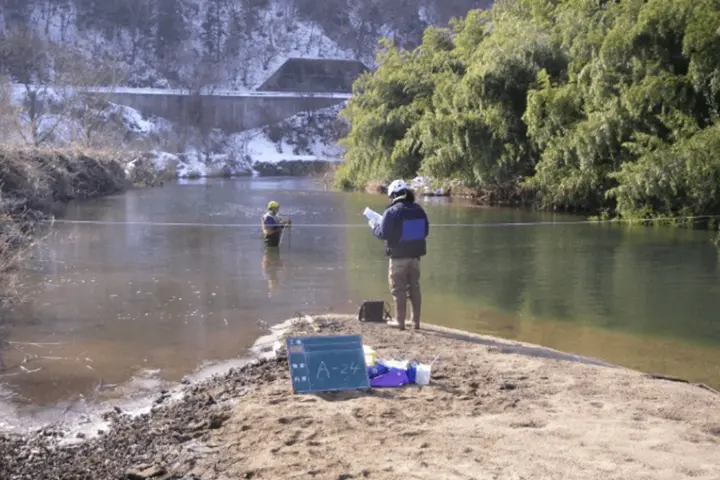Realizing a society in harmony with nature

Basic Philosophy
Our Group, based on the Group's environmental policy, is committed to working towards the realization of a "carbon-neutral society", a "resource-circulating society", and a "nature-friendly society" in our business and organizational activities.
In pursuit of realizing a society in harmony with nature, our business primarily focuses on surveyance and consulting services, working towards the conservation and restoration of biodiversity in society as a whole through business and CSR activities.
Initiatives to realize a society in harmony with nature through business activities
Environmental assessment and natural environmental surveys
Businesses are required to conduct impact assessments on the surrounding environment in accordance with laws and regulations when undertaking large-scale development projects.
Our Group has a large team of staff that specializes in ecological surveys of flora and fauna and provides services for investigating, predicting and evaluating the environmental impacts of business activities, and through these services, we contribute to maintaining the balance between economic activities and biodiversity conservation.
We also offer support for corporate environmental management, including surveys of flora and fauna within business premises and proposals for their biodiversity conservation measures.
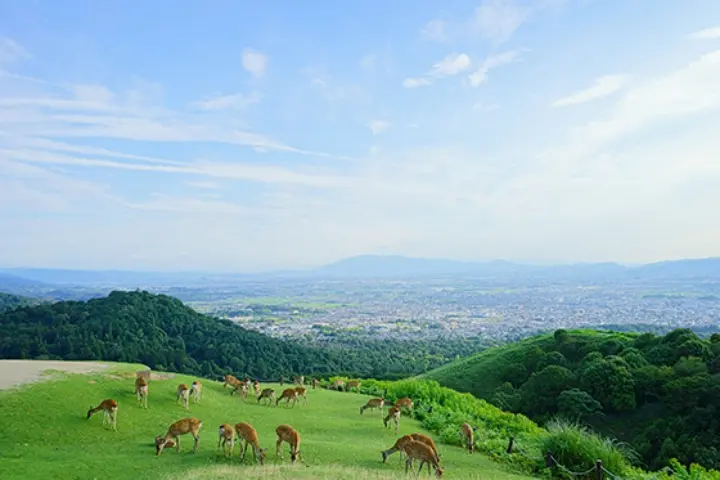
Management of invasive fish species using environmental DNA (eDNA) technology
The significant increase of invasive species has led to the rapid reduction of native species' habitats in water bodies, raising concerns about the environmental changes in aquatic ecosystems and their impact on the fishing industry.
Eradicating exotic species can be very costly due to their high reproductive rates.
Our company, in collaboration with the Public Works Research Institute, is researching the use of Environmental DNA (eDNA) analysis, which involves extracting DNA from water samples collected from rivers and lakes to rapidly assess the types and quantities of surrounding organisms to create a new style of management for aquatic environments.
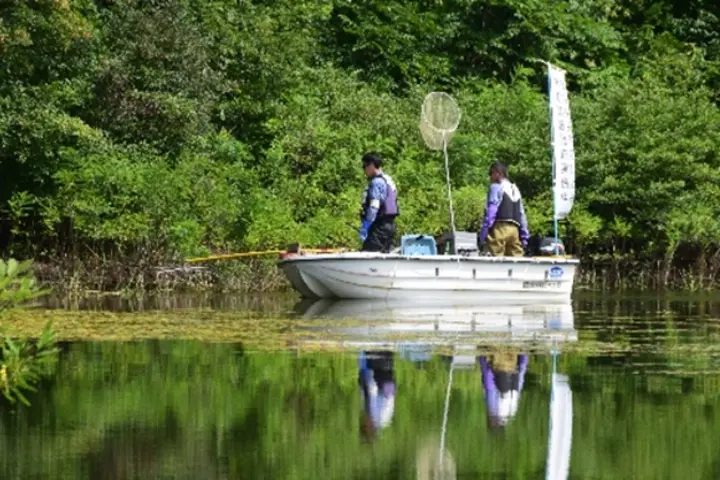
Whole Effluent Toxicity (WET)
Whole Effluent Toxicity (WET) testing is a new wastewater management approach that directly measures the impact of a company's wastewater on ecosystems through biological response.
WET is already common in Europe and the United States, and it is expected to become more prevalent in Japan amid the global trend of ESG investment.
Our Group was one of the early adopters of this method, supporting companies in their advanced environmental management initiatives.
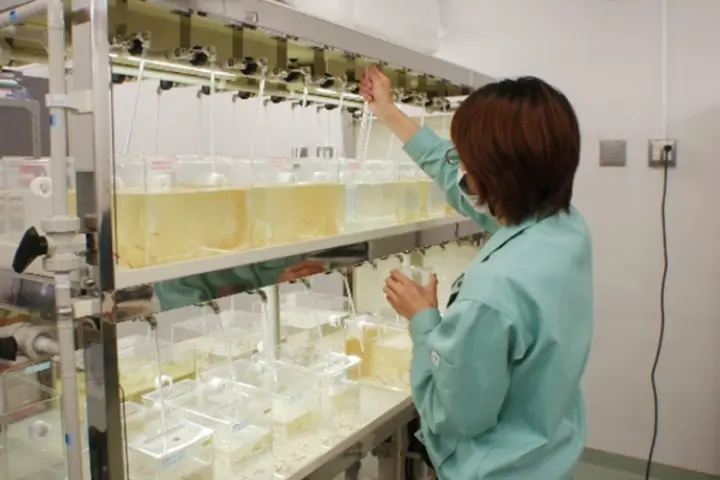
Initiatives to realize a society coexisting with nature through CSR
Afforestation activities for disaster prevention forests
Many areas in Minamisoma City, Fukushima Prefecture, were engulfed by tsunamis during the Great East Japan Earthquake, leading to the loss of many coastal disaster prevention forests.
Our company has joined the "Minamisoma Lifesaving Disaster Prevention Afforestation Project" aiming to restore the loss.
So far, we have planted over 2,000 saplings of sturdy tree species, such as wild cherry trees, zelkova trees, cheesewood, and evergreen spindle trees.
This effort also serves as research into techniques for developing resilient disaster prevention forests.
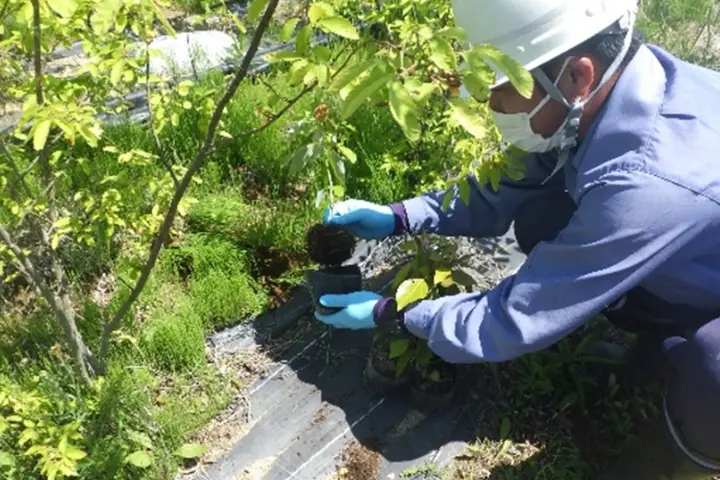
Participation in the 30by30 Alliance for Biodiversity
Our company supports the goal of conserving more than 30% of land and sea areas as natural environments by 2030, known as the "30by30" target, and we have joined the "30by30 Alliance for Biodiversity".
By participating in the Alliance and leveraging our latest technologies and knowledge to conserve biodiversity we aim to contribute to achieving the national 30by30 target and the sustainable development of society.

Management of the "OYO Bionomical Engineering Institute"
"The OYO Bionomical Engineering Institute" was established in 1999 in Miharu-cho, Fukushima Prefecture, with aim to realize a sustainable society where nature and human development coexist.
The institute's research activities focus on various aspects related to dam and river development, such as the changes in ecological environments, water quality, and riverbed materials.
Research findings are presented in domestic academic societies and academic publications and are used for various projects, including environmental impact assessments of various businesses.
The institute also actively participates in regional environmental conservation activities, by dispatching teachers for integrated learning classes in elementary and middle schools, creating nature guidebooks, and planning and operating local nature observation stations.
